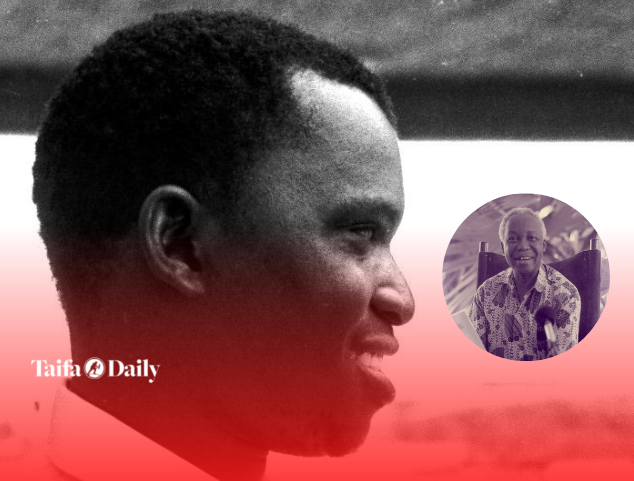Reginald Mhango entered Tanganyika in the early 60s from Malawi, where he was deported and granted political asylum in Tanzania. Malawi was plunged into chaos by post-independence political unrest.
When Mhango entered Tanzania, he was a journalist, so he started working for the Tanganyika Standard Dar es Salaam newspaper. Journalists in Malawi lived like birds; they lived in turmoil and lost peace from being hunted down by government forces.
For example, Francis Pallock Mhango, a writer for the Catholic Church-owned Lukuni Press, was arrested in December 1981 in his office in Lilongwe. At the time, many African nations were embroiled in a bitter civil war between the Soviet Union and the Western world, led by the United States.
Many African nations, such as Ghana, DRC, Sierra Leone (Upper Volta) and its leaders, were assassinated, and others overthrown from power.
Even in Tanzania, this movement to overthrow Mwalimu by force existed. In 1982 when the political situation in Malawi was stable, Reginald Mhango wanted to return to Malawi.
The day before he left, he was informed that a coup was imminent and that the coup would involve the death of Mwalimu Nyerere during a planned mass shooting at Oysterbay Catholic Church.
Reginald was a devout believer and a staunch supporter of Mwalimu Nyerere’s policies and philosophies. This time the Head of the Department of Homeland Security in Tanzania was the late Dr Augustine Mahiga, former Minister of Foreign Affairs during the late Dr Magufuli.
The person who leaked the information to Reginald Mhanga was Abdallah Mhando, who fearfully warned Reginald not to reveal the info to the intelligence officers as it may cost them.
Reginald disagreed. He broke off his trip to Malawi, took Abdallah Mhando, and connected him with Charles Kizigha. Charles was a man very close to the Director of the Security Department, Dr Mahiga. Dr Mahiga to inform him of the matter. Dr managed the case well by immediately cancelling Mwalimu’s visit to the church when it planned to take him off.
The masterminds of the coup and the assassination of Nyerere were arrested and tried before the Court by Judge Nassoro Mzava. The culprits who were found guilty of treason were sentenced to prison, and those wrongly accused were released.
This story is told in detail by Adarsh Nayar, a former photographer of Mwalimu Nyerere, who succeeded in taking the most photographs of Mwalimu Nyerere when he was in power; even the portrait of Mwalimu Nyerere used today in public offices was shot by him.
Reginal Mhango passed away on 19 February 2010 at his home in Magomeni Mikumi Dar es Salaam. He has worked as Editor-in-Chief of the Daily News, The Guardian and other major newspapers.
As we celebrate 100 years of Mwalimu’s birthday, it is essential to acknowledge people like Mhango and his role in Mwalimu’s life.


